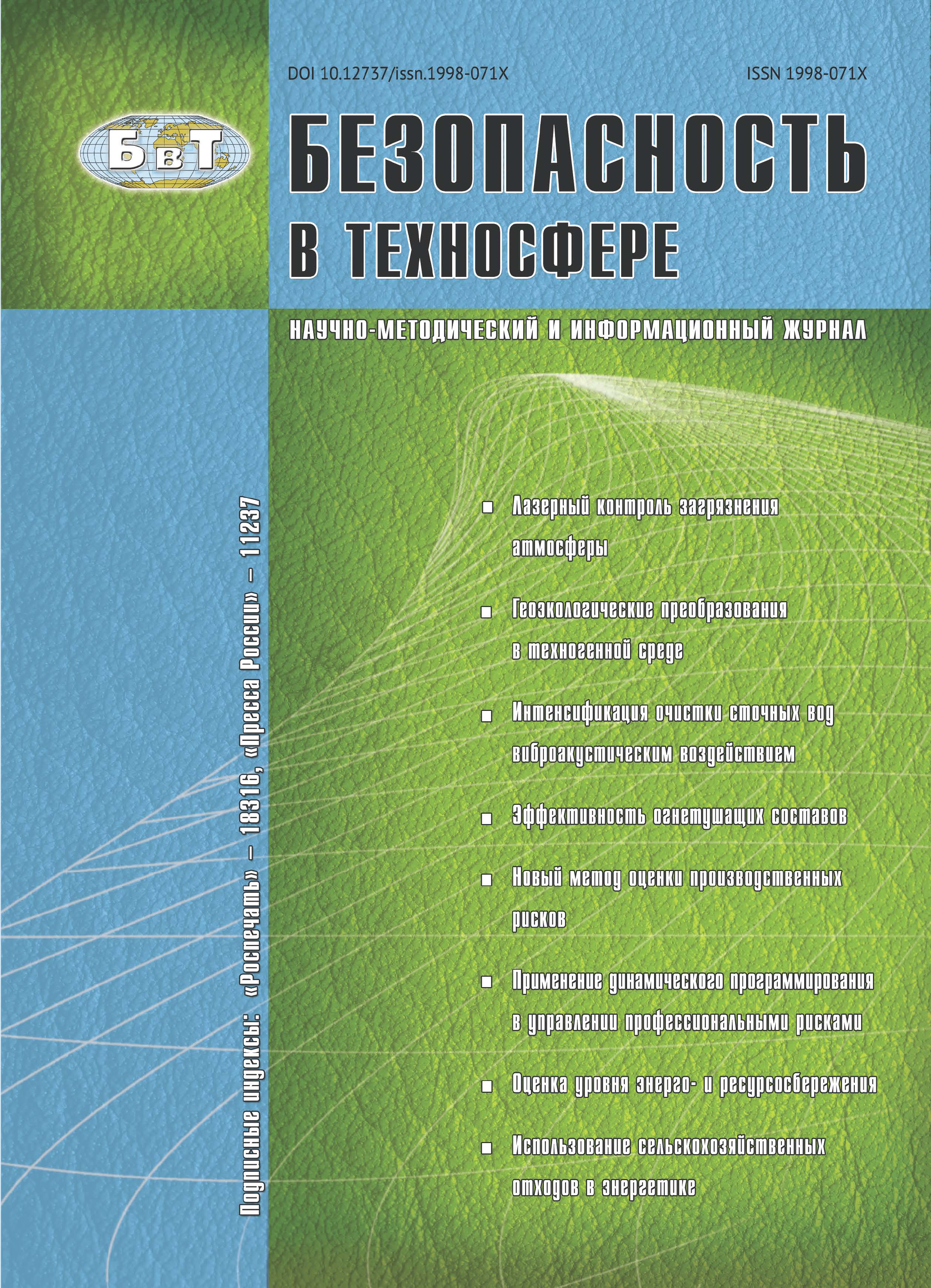from 01.01.1974 until now
Novosibirsk, Novosibirsk, Russian Federation
from 01.01.2013 until now
Novosibirsk, Novosibirsk, Russian Federation
The human-operator occupies a key place in the uninterruptable operation of automated control systems. However, his reaction is limited in time, and his mistake can lead to both operational disorders of economics objects and a negative impact on the staff and population. To minimize such situations the professional selection of human-operators should be carefully carry out. In this study based on a computer program has been proposed a technique for the initial selection of human-operators, have been established the basic patterns, on which the time of mental activity depends, and the effect of noise on human-operators’ working capacity has been considered. The study has showed that the proposed technique is effective for initial selection of human-operators, and takes into account the information presentation nature, and, accordingly, the time required by the human-operator to solve the task in hand. The study results allow join the ranks of techniques for professional selection and expand knowledge about the noise effect on the humanoperator’s working capacity.
human-operator, professional selection, working capacity, time of mental activity, sequential/parallel presentation of information, noise background
1. Maryuhnenko V. S., Dudin S. A., Truskova T. V. Sistemnyj analiz sostoyaniya cheloveka-operatora v avtomatizirovannoj sisteme upravleniya [System analysis of the state of a human operator in an automated control system]. Sovremennye tekhnologii. Sistemnyj analiz. Modelirovanie [Modern Technologies. System analysis. Modeling]. 2014, I. 2 (42), pp. 143-150. (in Russian).
2. El-Grejd M., Yashin K. D., Egorov V. V. Informacionnye metody issledovaniya professional'no vazhnyh kachestv specialistov opasnyh proizvodstv [Information methods for the study of professionally important qualities of specialists in hazardous industries]. Doklady Belorusskogo gosudarstvennogo universiteta informatiki i radioelektroniki [Reports of the Belarusian State University of Informatics and Radioelectronics]. 2011, I. 8 (62), pp. 95-98. (in Russian).
3. Tyagin A. D. Mediko-tekhnicheskaya sistema otbora operatorov integrirovannyh sistem bezopasnosti [Medical-technical system for selecting operators of integrated security systems]. Vestnik novyh medicinskih tekhnologij [Bulletin of new medical technologies]. 2008, I. 1, pp. 174-176. (in Russian).
4. Pogonysheva I. A., Pogonyshev D. A., Krylova A. A. Vliyanie shuma na psihofiziologicheskie parametry i rabotosposobnost' organizma cheloveka [Influence of noise on the psychophysiological parameters and performance of the human body]. Vestnik Nizhnevartovskogo gosudarstvennogo universiteta [Bulletin of the Nizhnevartovsk State University]. 2015, I. 1. (in Russian).
5. Medina Dzh. Pravila mozga. Chto stoit znat' o mozge vam i vashim detyam [Rules of the brain. What you should know about the brain for you and your children]. Moscow: Mann, Ivanov, Ferber Publ., 2018. (in Russian).
6. SN 2.2.4/2.1.8.562-96 Shum na rabochih mestah, v pomeshcheniyah zhilyh, obshchestvennyh zdanij i na territorii zhiloj zastrojki (utverzhden Postanovleniem Goskomsanepidnadzora RF ot 31 oktyabrya 1996 g. № 36) [SN 2.2.4 / 2.1.8.562-96 Noise at workplaces, in premises of residential, public buildings and in residential areas (approved by Decree of the State Committee for Sanitary and Epidemiological Supervision of the Russian Federation No. 36 of October 31, 1996)]. (in Russian).
7. Ventcel' E.S. Teoriya veroyatnostej [Probability Theory]. Moscow: Nauka Publ., 1969. 576 p. (in Russian).
8. Goltib Ya. G., Alimov N. P. O roli sredstv individual'noj zashchity organa sluha ot vrednogo vozdejstviya proizvodstvennogo shuma pri special'noj ocenke uslovij truda [On the role of personal protective equipment for the hearing organ from the harmful effects of industrial noise during a special assessment of working conditions]. Bezopasnost' v tekhnosfere [Safety in the technosphere]. 2015, I. 2, pp. 40-47. (in Russian).
9. Voronin V.M. Psihologiya resheniya operativnyh zadach v bol'shih sistemah. Diagnostika funkcional'nogo sostoyaniya i obucheniya operatorov [Psychology of solving operational problems in large systems. Diagnostics of the functional state and operator training]. Ekaterinburg: UrGUPS Publ., 2016. 249 p. (in Russian).
10. Richards J., Heuer Jr. Psychology of intelligence analysis. Central Intelligence Agency, 1999. - 184 p.
11. Vidal F., Meckler C., Hasbroucq T. Basics for sensorimotor information processing: some implications for learning // Frontiers in psychology. 2015, I. 33, pp. 1-14.






